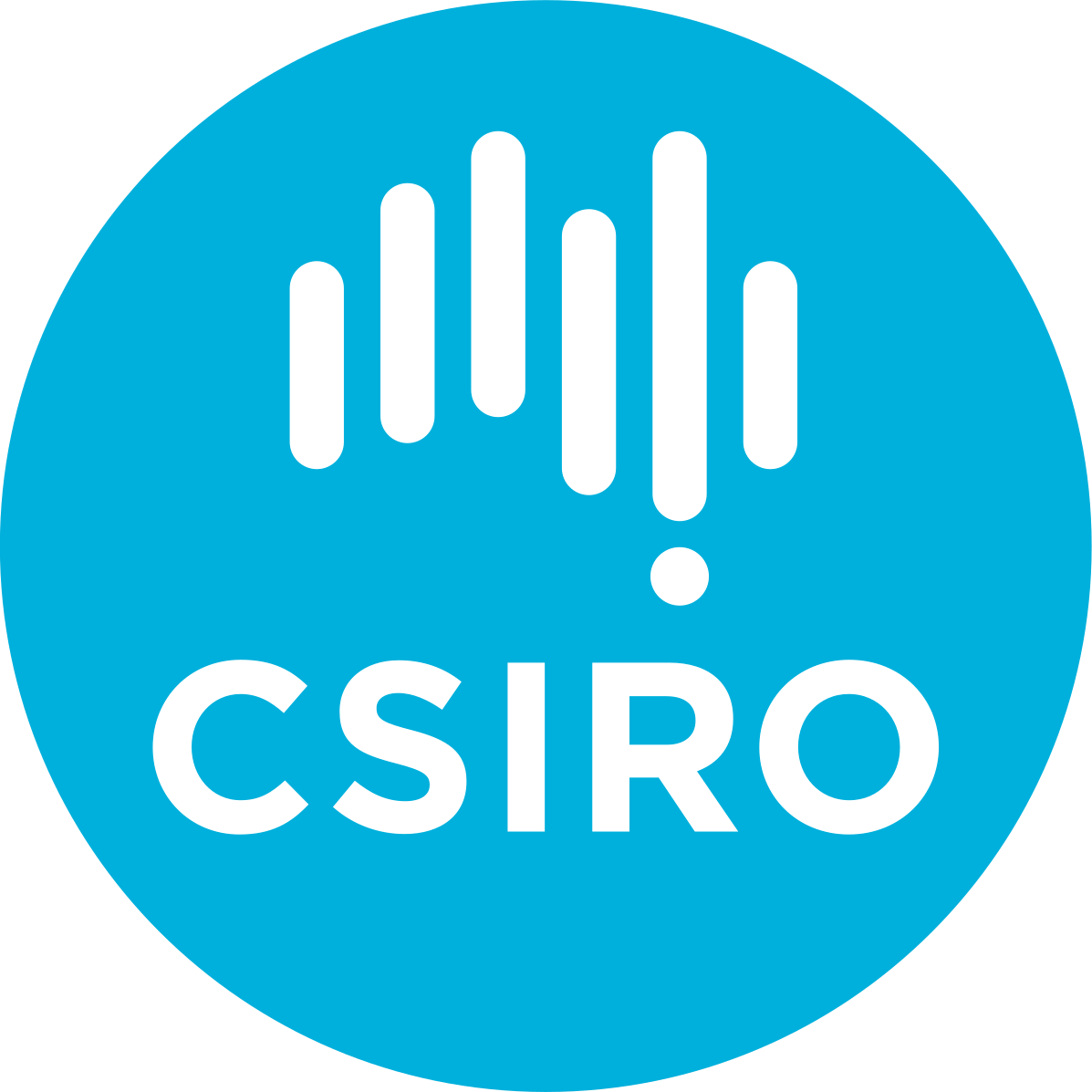
CSIRO Postdoctoral Fellowship in Experimental eDNA
- Perth, WA
- $96,811-109,527 per year
- Permanent
- Full-time
- Support research that pushes the boundaries of eDNA science
- Join a multidisciplinary, innovative and collaborative team
- Launch your career at CSIRO - Australia's National Science Agency!
- Design and experimentally test eDNA sampling methods, that consider variables such as volume, filtration, and replication strategies, and others to maximise eDNA/single cell recovery. Alternatively, re-imagine high-throughput eDNA sampling strategies that are not reliant on a filtration approach.
- Develop field sampling and extraction protocols that minimise between-sample variability and optimise the reliability of downstream quantification estimates from eDNA data.
- Establish sampling, laboratory, or bioinformatic methods, in conjunction with new sequencing technologies, that enrich the insights that can be drawn from eDNA metabarcoding data. For example, moving beyond community composition based on presence-absence of taxa towards population or individual-level biological insights.
- Lead the analysis and publication of data in high quality publications.
- Carry out innovative, impactful research of strategic importance to CSIRO that will, where possible, lead to novel and important scientific outcomes.
- A doctorate (or will shortly satisfy the requirements of a PhD). The doctorate must be in a relevant discipline area, such as eDNA, molecular ecology or other trace DNA-based genetics (e.g. ancient DNA). Please note: To be eligible for this role you must have no more than 3 years (full-time equivalent) of relevant postdoctoral research experience.
- Experience in sampling, extracting and handling trace-level DNA, including sound knowledge and experience in trace DNA contamination measures.
- Strong hands-on experience in molecular techniques, including DNA extraction, qPCR, and library preparation for high-throughput sequencing.
- Experience conducting or supporting field-based sample collection, especially involving water sampling, filtration, or other forms of environmental sample capture.
- Experience working with next-generation (e.g. Illumina) sequencing output, especially in the context of environmental or degraded DNA.
- Demonstrated ability to design and execute experiments, including troubleshooting, iterative method development, and data-informed protocol refinement.
- Familiarity with eDNA applications, especially in biodiversity monitoring or population-level analyses (e.g. haplotype reconstruction, connectivity).